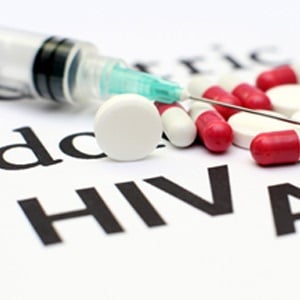
A small number of HIV-infected people developed the antibodies, but are not helped by them because they are unable to kill the wide range of HIV, said National Institute of Communicable Diseases virology head Prof Lynn Morris.
Read: HIV antibody breakthrough
Broadly neutralising antibodies
"We need to understand how to make better antibodies to HIV. We can learn that from people who are already infected, because a small proportion of them [infected people] make these broadly neutralising antibodies," she told reporters in Johannesburg.
"There has been a lot of focus on the individuals that make this special type of antibodies. That information, we hope, is going to help us make a better vaccine to HIV."
A KwaZulu-Natal woman, identified in the research as CAP256, had responded to HIV infection by making the broadly neutralising antibodies.
The research team had identified these antibodies in her blood and duplicated them by cloning them in a laboratory.
A new vaccine
The cloned antibodies were then used in a series of experiments to clarify the pathway followed by CAP256's immune system to make the HIV-combating antibodies.
The identification and successful cloning of the antibodies had enabled researchers to make large quantities for further testing, similar to the way a medicine used to prevent or treat HIV would be tested.
"What we have to do now is to design a vaccine that is able to engage with the rare B-cells. If we are able to do that, we should be able to make a vaccine that will take months for people to develop the immunity against HIV," said Morris.
Read: Antibodies kill 88% of HIV types
Sometimes referred to as the body's army, antibodies are specialised cells produced by B-cells as a primary immune defence. They are used by the body for either treatment or prevention.
Morris said CAP256's antibodies would be used in a sequence of pre-clinical trials in monkeys, a process which could take years to prove their efficacy.
US vaccine research centre
If successful, the research would guide HIV vaccine development. The antibodies might also be used as treatment for HIV.
The research was primarily funded by the US vaccine research centre, and the science and technology department.
The scientists worked in the "Caprisa" consortium of Aids researchers, which included the University of KwaZulu-Natal, the University of the Witwatersrand, the National Institute of Communicable Diseases, the University of Cape Town, and Columbia University in the US.
Read more:
Motsoaledi lauds HIV discovery




 Publications
Publications
 Partners
Partners















